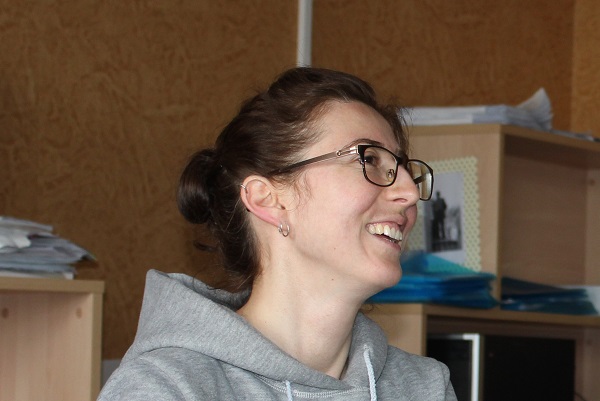7.8
That’s the number of FIFA ranking points that, all other conditions being equal, every additional $1,000 of GDP per capita brings a national football team.
Non-commodity Exports Can Boost Russia’s GDP Growth
Data from Rosstat and the Federal Customs Service suggest that import substitution – not limited to substituted Ukrainian imports – has played a major role in keeping the Russian economy from recession in the first half of 2014. However, Russia cannot expect to achieve a sustained and dynamic GDP growth without boosting exports, in particular its non-commodity exports, according to expert analysis in Comments on State and Business published by the HSE's Centre for Development.
Unveiling the Socio-Economic Impact of Sporting Success
Angel Barajas, Academic Supervisor of the International Laboratory of Intangible-driven Economy at HSE Perm, Leading Research Fellow, Associate Professor, University of Vigo, Spain talks about Russian football, financing Spanish football clubs, and what the local area needs. Professor Barajas has headed the International Laboratory at HSE Perm since 2010, and is a leading authority on football club rankings, corporate finances and evaluating intellectual assets.
‘Russia’s Eurasian Integration Policies’ by Timofey Bordachev and Andrei Skriba
HSE researchers Timofey Bordachev and Andrei Skriba published a chapter in the LSE’s special report ‘The Geopolitics of Eurasian Economic Integration’.
Poor Health Keeps Pensioners from Working
A satisfactory health condition and a low pension could theoretically be what make pensioners continue working in the first years after beginning their well-deserved relaxation. The main medical factors that keep older individuals from working are disability, the aftermath of strokes and frequent hospital treatment, Ekaterina Maltseva, a Research Assistant at HSE’s Laboratory of Economic Research of the Public Sector, said in the study, 'The Impact of Health on the Labour Supply of Pensioners'.
Safer Sex Ads Shift to the Web
In recent years, all advertising of contraceptives has disappeared from Russian television, replaced by messages denying that sex can be made safer. While television in Russia supports the state's attempts to regulate people's private lives, condom commercials have migrated to the internet, a place that still remains relatively free of government control, according to the report '(Un)safe Sex Ads as a Mirror of Political Change in Russia' by Associate Professor of the Department of Integrated Communications Lyubov Borusiak.
60.5%
is the probability of winning for a football team that kicks first in a penalty shoot-out.

Centre for Youth Studies Expands Cooperation in Scotland
For the third time the Centre for Youth Studies (CYS) at the HSE Saint Petersburg has participated in the Dalglish Visiting Fellowship, a programme of international cooperation in which scientists from SRC ‘Region’ and the Centre for Youth Studies receive training at CRCEES (Centre for Russian, Central and East European Studies) in Glasgow. In 2014, Elvira Arif, a CYS researcher, won the only position that is provided annually for Russian researchers within the programme.
25%
of industrial companies are anticipating further price increases in the next 3-4 months for the products they manufacture.
Banks Hinder Industry Development
Despite its thriving banking sector, Russia's industrial production remains stagnant, as financial institutions are failing to support development in the real sector. Vassilisa Makarova, Associate Professor at the HSE's Department of Financial Markets and Financial Management (Faculty of Economics, St. Petersburg), and Andrei Krylov, postgraduate student at St. Petersburg State University of Economics, examined the controversial relationship between Russian banks and industry.

